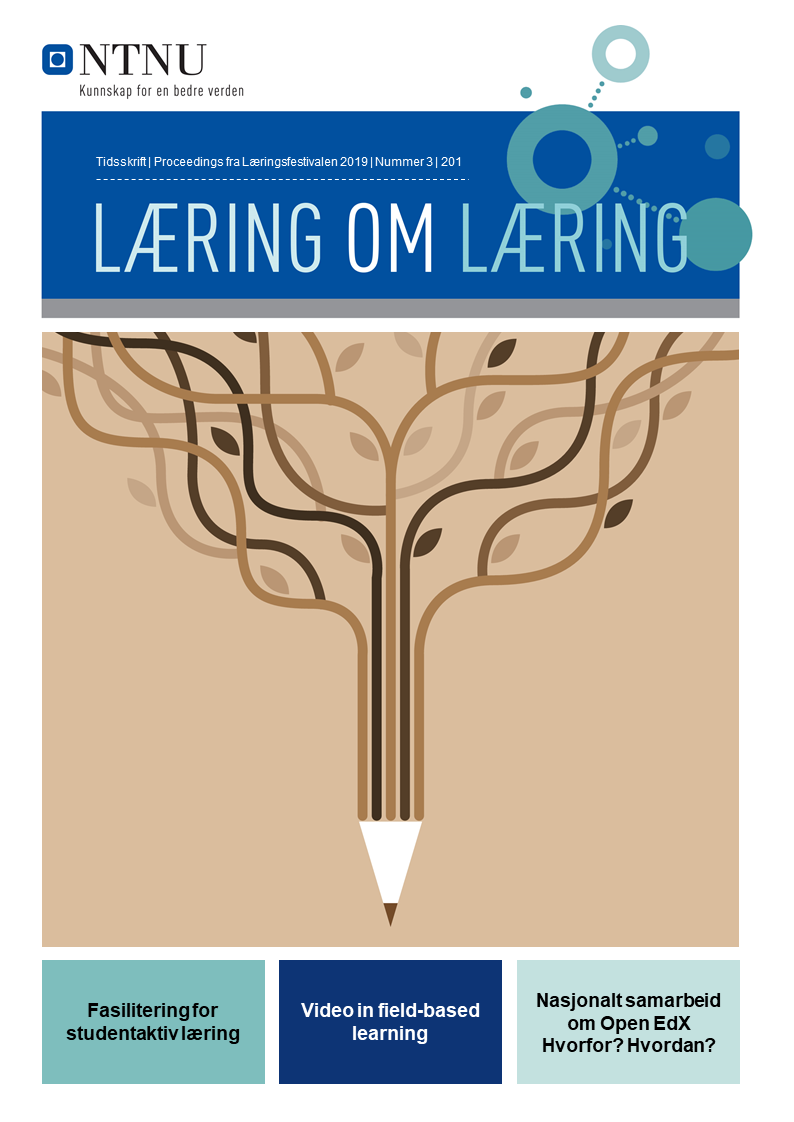Experiential learning and reflection through video in field-based learning
Lessons from Bhopal and Trondheim
Abstract
The first semester of the master program Urban Ecological Planning consists of extensive fieldwork and deep learning. Studying informal settlements of Indian cities require that students think action and are able to reflect upon own experiences. Sensory impressions represent a significant part of the students’ experience, and the course facilitators need to support reflection in an intense and challenging context. The students’ role as outsiders, their ambition to make a difference, and their professional role as future urban planners are challenged when meeting the realities of citizens in Bhopal, India. In fall 2018, a group of students stayed behind in Trondheim to do their fieldwork in the area Lademoen. As an educational experiment, we encouraged the students to not only reflect upon their experiences through written words on paper, but also to try to communicate and reflect visually, and deliver their reflections as videos. The results were beyond our expectations; the students delivered high quality short videos, showing how they interpreted their experiences, the course and the learnings about the communities in which they spent days, weeks and months together with. The students also explained that as they were filming and editing the videos, the process itself ‘did something’ to the way they saw the complexity of the problems in front of them and how they made sense of the whole. This suggests that video reflections can help students complete the cycle of experiential learning[1], something that can help them move towards a stage where it becomes easier for them to act based on their learning.
Downloads
Downloads
Published
Issue
Section
License
All innhold i Læring om læring er publisert med cc lisens
Navngivelse-IkkeKommersiell-Ingen bearbeidelser 4.0 Internasjonal (CC BY-NC-ND 4.0)
Du har lov til å Dele — kopiere, distribuere og spre verket i hvilket som helst medium eller format
På følgende vilkår:
Navngivelse — Du må oppgi korrekt kreditering
IkkeKommersiell — Du kan ikke benytte materialet til kommersielle formål.
IngenBearbeidelser — Dersom du remixer, bearbeider eller bygger på materialet, kan du ikke distribuere det endrede materialet.

